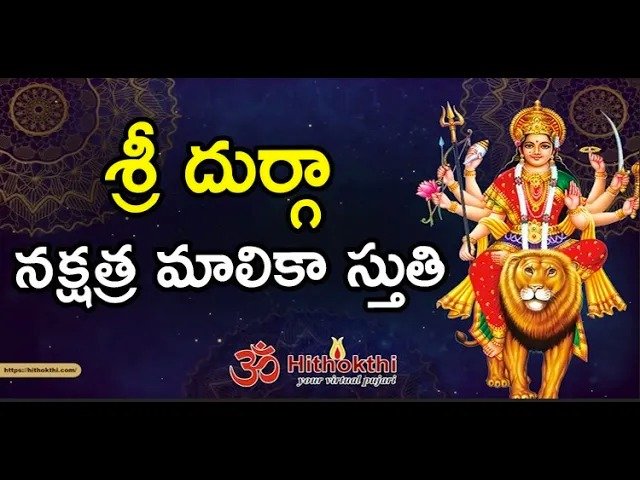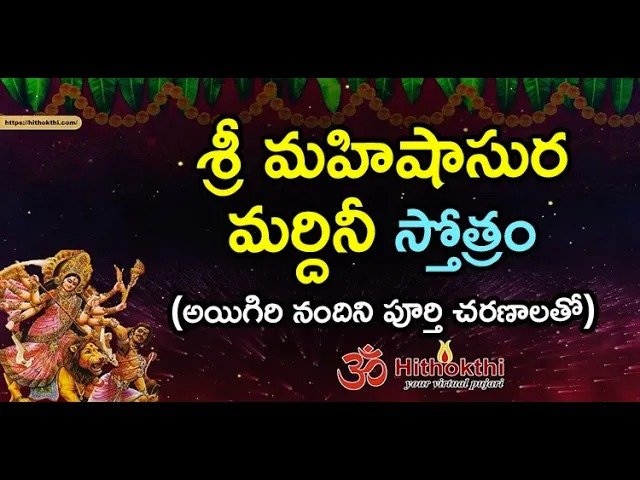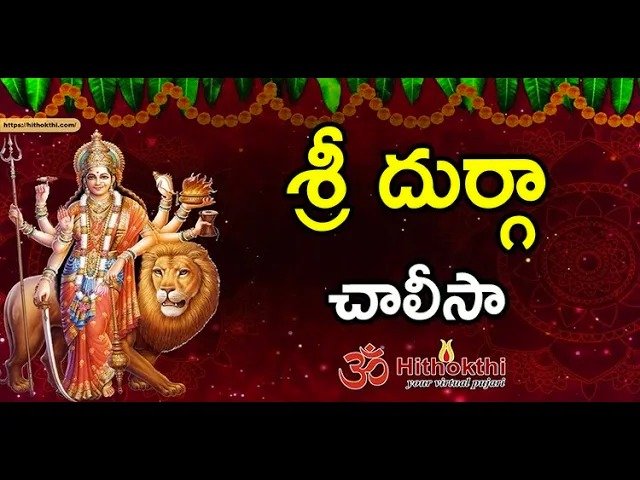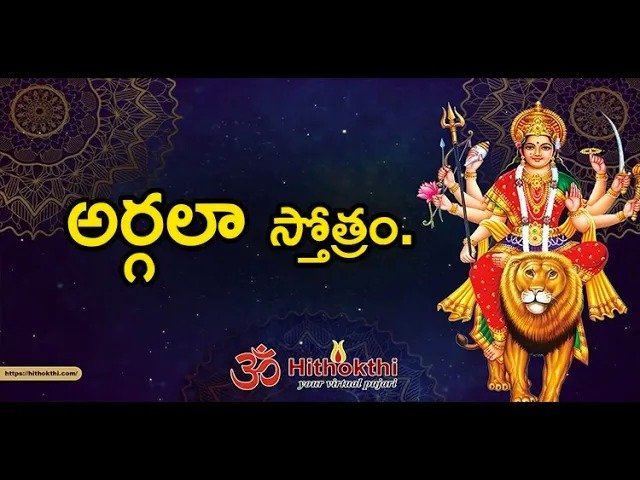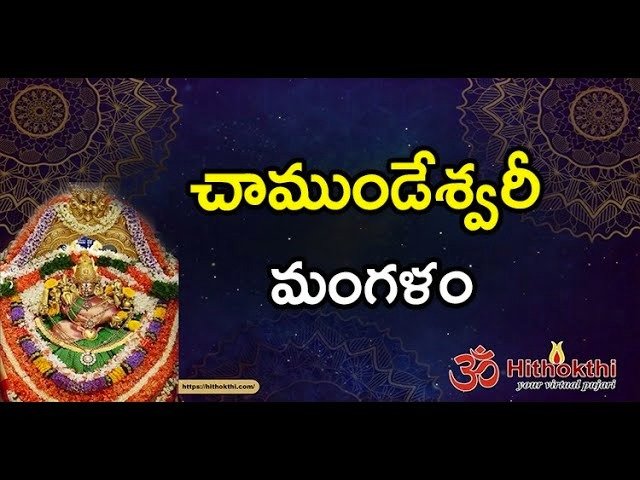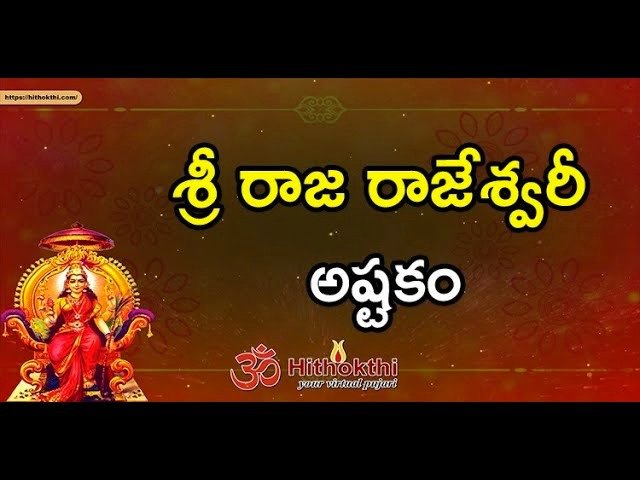Holy Dialogue (Pravachana Vakhyalu):
April 25, 2014: The Nama and the Rupa of the Vedanta philosophy, or of the Upanishads, are not the names and the forms with which we are usually familiar in our social life, but they rather correspond to what Aristotle called in his system, form and matter. Form, according to Aristotle, is the formative power of an object, and matter is the shape this power takes by materialisation, concretisation, etc. The subtle body may be regarded as the Nama, and the physical body the Rupa. It is the Nama or name in the sense that it indicates a form which is the object corresponding to it, namely the body. The Linga-sarira, the Sukshma-sarira of ours, is our name. That is our real name, and if at all we name ourselves as Gopala, Govinda, Krishna, etc., that name which is given to us at the time of Namakarana, the naming ceremony, should correspond to our character within. The name should not be incongruent with our essential nature. The real name is within us. It is not merely a word that we utter with reference to us. You may call a man, Kshirasagara-Bhatta (ocean of milk), but he may not have even a little buttermilk in his house. What is the use of calling a poor man as Daulat Ram? There are names that we give without any connection with the nature or the status of the person, and the internal structure of the subtle body. The real name, Linga, indication, mark, is the Sukshmasarira, and it is the determining factor of the physical form, the body in which we are engaged.
This subtle body which is vibrant with desires, unfulfilled, puts on a form called the body, for the sake of the fulfilment of the desires. This putting on of a body is called birth; and birth cannot cease for us as long as the subtle body is not extinguished. There are births and births, as also deaths and deaths, processes of Samsara or transmigration, which are nothing but the effort of the physical body to find newer and newer avenues of satisfaction for the desires that are left unfulfilled. An infinite number of Jivas fills this cosmos. All these Jivas are animated by a consciousness that is common to all. This consciousness is Vaisvanara; but, individually, when this consciousness is considered in terms of bodies, it is called Jiva.
---Excerpts from Sri Paripurnananda’s preaching

